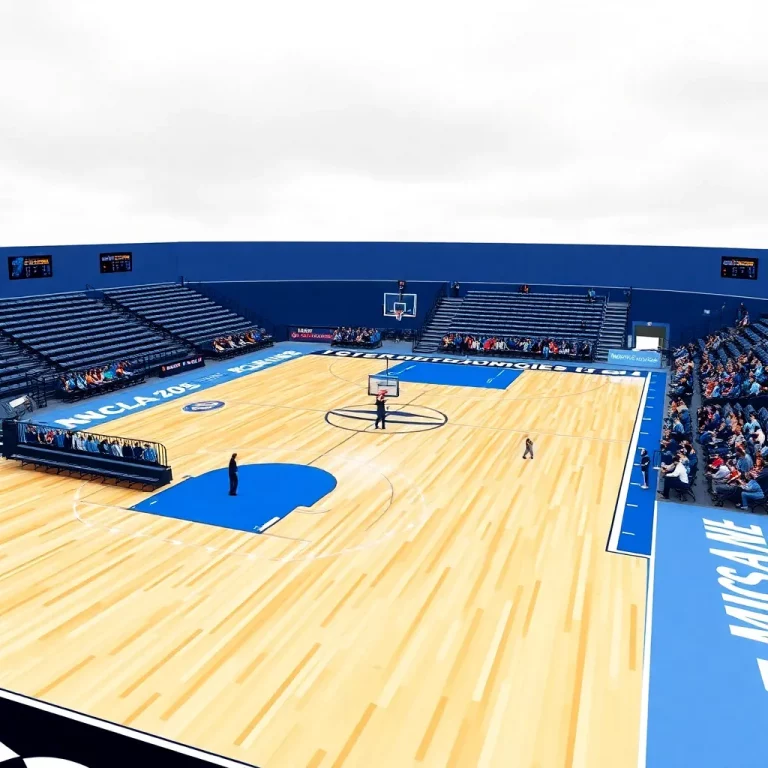U.S. District Judge Declines Final Approval of NCAA Settlement in California
In a surprising twist on Wednesday, U.S. District Judge Claudia Wilken, based in California, announced that she would not grant final approval for the proposed settlement to resolve the House v. NCAA and two related antitrust class actions. The judge’s decision raised significant concerns about how the agreement could affect current college athletes.
In a detailed five-page order, Judge Wilken expressed her worries regarding the new roster limits included in the settlement. She stated that she could not approve the deal unless it was modified to address the potential harm to athletes who might lose their positions on teams. Instead of outright rejecting the settlement, the judge has given the involved parties 14 days to discuss changes to the proposed agreement.
Steve Berman, co-lead counsel for the plaintiffs, responded positively to the court’s guidance. He said, “We appreciate the court’s guidance and thoughtful review of this monumental case.” He also noted that although the court dismissed all other objections, it would be crucial to convince the NCAA and the conferences to adjust the roster issues. If they cannot find a resolution, Berman warned that they would be ready to take the battle back to court.
The NCAA and the defendant conferences stated that they are closely analyzing the judge’s order while remaining focused on gaining approval for the settlement. They believe it aims to create better opportunities for student-athletes while bringing fairness and stability to the world of college sports.
During a fairness hearing earlier this month, Judge Wilken acknowledged concerns from players who feared being cut due to the new roster caps. She highlighted the unfairness in the situation, emphasizing that athletes could not opt out of the settlement, putting them at risk of losing their positions.
Additionally, the NCAA argued that changing the terms surrounding the roster limits could jeopardize the lengthy negotiations that led to the current agreement. However, Wilken disagreed, stating that the settlement’s benefits do not justify the harm to those at risk of losing their roster slots. She also pointed out that any potential disruption should be considered a problem created by the NCAA and its member schools.
The judge suggested a possible adjustment where the settlement would ensure that current roster holders would not lose their spots immediately because of the settlement’s implementation. Meanwhile, the NCAA has been in preparation mode, having recently voted to eliminate over 150 rules, which would allow schools to start compensating athletes directly. Just hours before Judge Wilken’s ruling, the NCAA reached a resolution with the South Dakota Attorney General regarding a lawsuit challenging its authority over the House settlement.
As the situation develops, it remains clear that significant changes are needed to move forward with the settlement, ensuring the protection and fairness for all affected current and future athletes.



